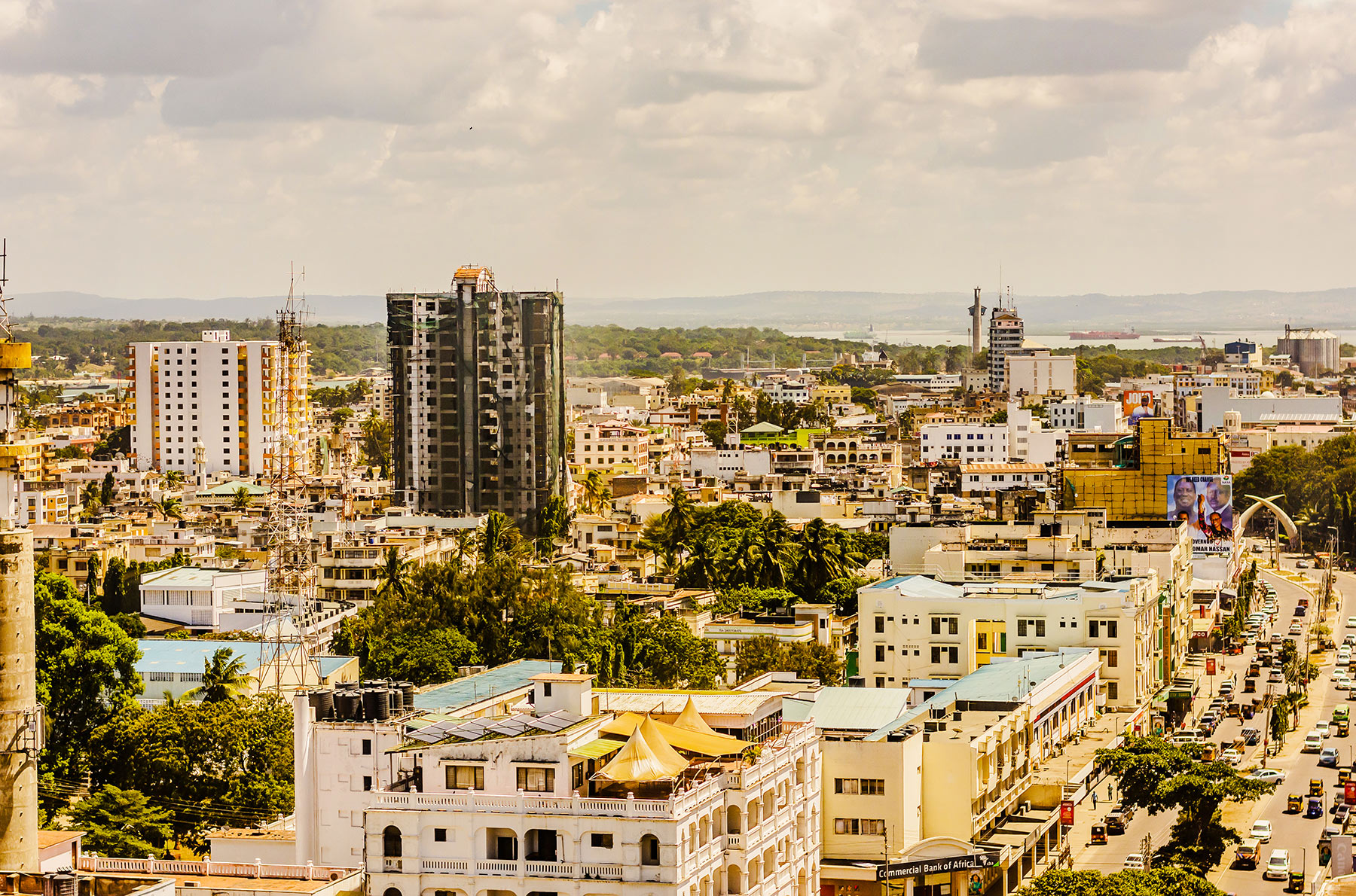OCTOBER 2023
Dear Friends,
Leading into the upcoming World Bank-IMF meetings in Marrakech, we have been thinking about Africa’s shifting relationships with international institutions and major world powers. Next week’s World Bank-IMF meetings will be the first hosted on the African continent in over 50 years and promise to inspire much discussion on the how the role of international institutions like the World Bank and the IMF in Africa should evolve. Last April, we co-hosted a roundtable with the African Climate Foundation on the sidelines of the World Bank-IMF Spring Meetings, brainstorming an African agenda for World Bank Group reform with over 30 African policy leaders and development economics experts. This session produced at least seven proposals on how the World Bank group could shift to better meet African needs, and five recommendations for African stakeholders and their partners on advancing World Bank Group reform. Our scholar David McNair has also written on progress towards a new and more inclusive global financial system. We look forward to continuing the discussion on how World Bank reform could deliver more value to African countries, and where the World Bank should focus its engagement in Africa going forward.
The event we held last month assessing the status of the Biden Administration’s year-old strategy towards Africa also provided us with much food for thought on the U.S. role in Africa. We were very pleased with the success of the event—around 200 guests joined us in person! Our distinguished panelists, including Assistant Secretary of State for Africa Molly Phee, the architect of the strategy and Senior Director for Africa at the National Security Council Judd Devermont, the U.S.-Africa Leaders Summit implementation Tzar Ambassador Johnnie Carson, Tanzania’s Ambassador to the United States Elsie S. Kanza, and Joseph Asunka, the CEO of Afrobarometer, led a lively discussion taking stock of progress towards implementing the U.S.’s goal of a U.S.-Africa relationship grounded in partnership. A major topic of conversation was the President’s Advisory Council on African Diaspora Engagements, whose inaugural members were announced just last week.
Following Senator Kennedy’s introduction of an AGOA extension bill, we have also been considering how the U.S.-Africa trade relationship should evolve to better support both African and American needs. Our most recent paper by Alexander Csanadi and myself explores how African integration into U.S clean energy supply chains could advance African and American goals, outlines how this integration could occur and provides recommendations to implement this integration for policymakers in the U.S. and in African countries, as well as for nongovernmental actors. Our chart of the month, from this article, highlights American clean energy programs and initiatives that may be of relevance to African actors. I spoke last week at the AGOA Mid-Term Review conference hosted by the African Union mission in Washington D.C. on how the upcoming AGOA renewal should be used to expand the U.S.-Africa trade in processed transitional minerals and look forward to hearing all of your thoughts on this topic as well.
In the coming weeks, be on the lookout for the debut of our program’s Africa Tech Regulation Tracker, an interactive database of tech regulations across Africa, led by Jane Munga. As always, to stay informed of what our program is doing throughout the busy Fall, be sure to subscribe to our newsletter, and follow us on X, formerly known as Twitter, @AfricaCarnegie.
Sincerely,
Zainab Usman
Director, Carnegie Africa Program
CHART OF THE MONTH

FEATURES
What systems and processes have been constructed to implement the outcomes of the U.S.-Africa Leaders’ Summit? How might recent developments—such as electoral transitions and economic and geopolitical factors—enable and constrain progress?
Ensuring equitable representation is critical for success both in the scientific process and in policymaking. Alexander Csanadi
The U.S.-DRC-Zambia memorandum of understanding demonstrates how the United States aims to counter China and bolster its clean energy supply chains by deepening ties with African nations. Yet how distinct is the U.S. approach from the Chinese approach to such deals? Folashadé Soulé
How the crisis has rippled through the country, the region, and the world. Gilles Yabi
DEVELOPMENTS ON OUR RADAR
- Digital Press Briefing on U.S.-E.U. Partnership to Accelerate Development of the Lobito Corridor [ State Department]
- President Biden Announces the Inaugural Members of the President's Advisory Council on African Diaspora Engagement [ White House]
- Kenya Joins Pan African Payments System Ushering Economic Stability [ The Standard]
- Kennedy Introduces Bill to Extend African Growth and Opportunity Act [ Office of Senator John Kennedy]
- Mozambique, Credit Suisse Secure Out-of-Court Settlement over Tuna Bond Scandal [ Africa News]
- Global Rankings Don't Give African Universities Enough Credit [ The Continent]
